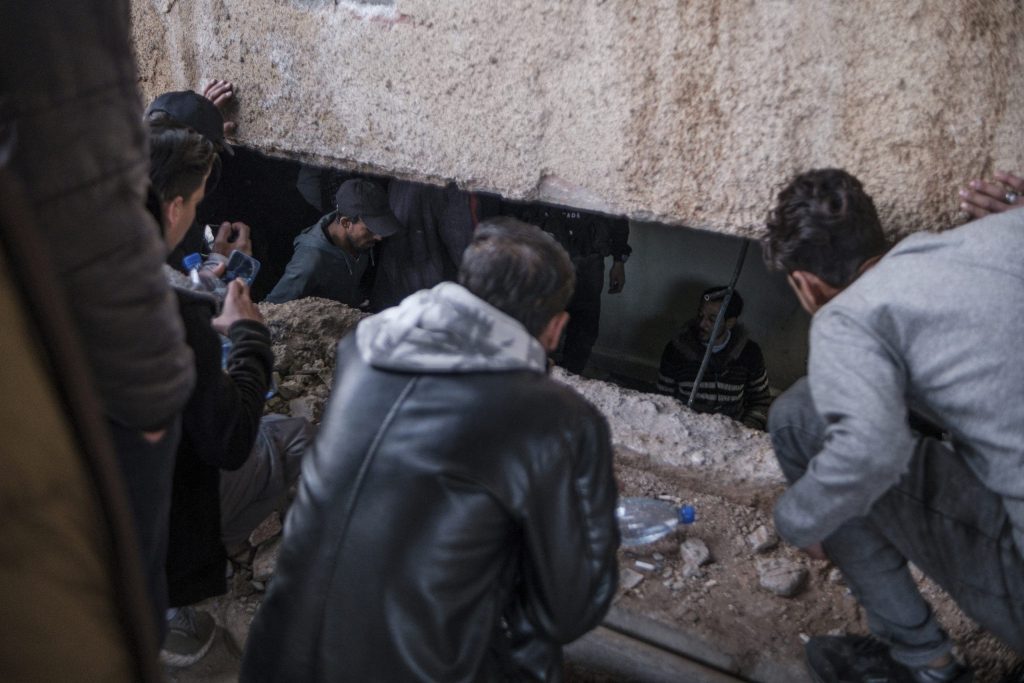Sednaya prison in Syria has become a chilling symbol of the Assad regime’s systemic violence, with reports suggesting that around 100,000 individuals have disappeared into Assad’s prisons, where they were detained, tortured, and killed. Rights groups have documented that at least 10% of those detained lost their lives in these prisons, and the number continues to rise as more families speak out about their missing loved ones. Sednaya was not just a prison but a tool to crush any form of resistance or humanity, with reports of unimaginable suffering and torture.
Former political prisoner Ahed Al Hendi described the horrors of Sednaya, including bags of bones, fresh blood on the floor, and torture machines that were used to liquify bodies and make them unrecognizable. Attention has now shifted to mass graves as evidence of the regime’s atrocities, with reports of security forces blocking roads and refrigerated trucks entering the area. Sednaya prison became a symbol of the regime’s relentless repression, with children and women also taken as hostages to pressure their fathers or husbands, leading to the destruction of entire families.
Prisoners in Sednaya were often starved, beaten, and tortured with electricity, with guards withholding food from those about to be executed as a final act of cruelty. The atrocities committed at Sednaya were part of a broader campaign by the Assad regime to exterminate its opposition in horrific ways, emphasizing the need for accountability. After the fall of the Assad regime, Sednaya was liberated, and thousands of prisoners were freed, many of whom emerged traumatized and unable to even remember their own names.
The need for truth and reconciliation in Syria is crucial to acknowledging the suffering and recognizing the full scope of the atrocities committed by the Assad regime. It is essential to preserve evidence of the regime’s crimes, with urgent calls for accountability to prevent further violence and bring stability to Syria. The rebels have proposed a solution to surrender Assad and top officials responsible for the atrocities in exchange for amnesty for low-level perpetrators who were following orders. This could help prevent cycles of vengeance and promote true reconciliation in Syria.














